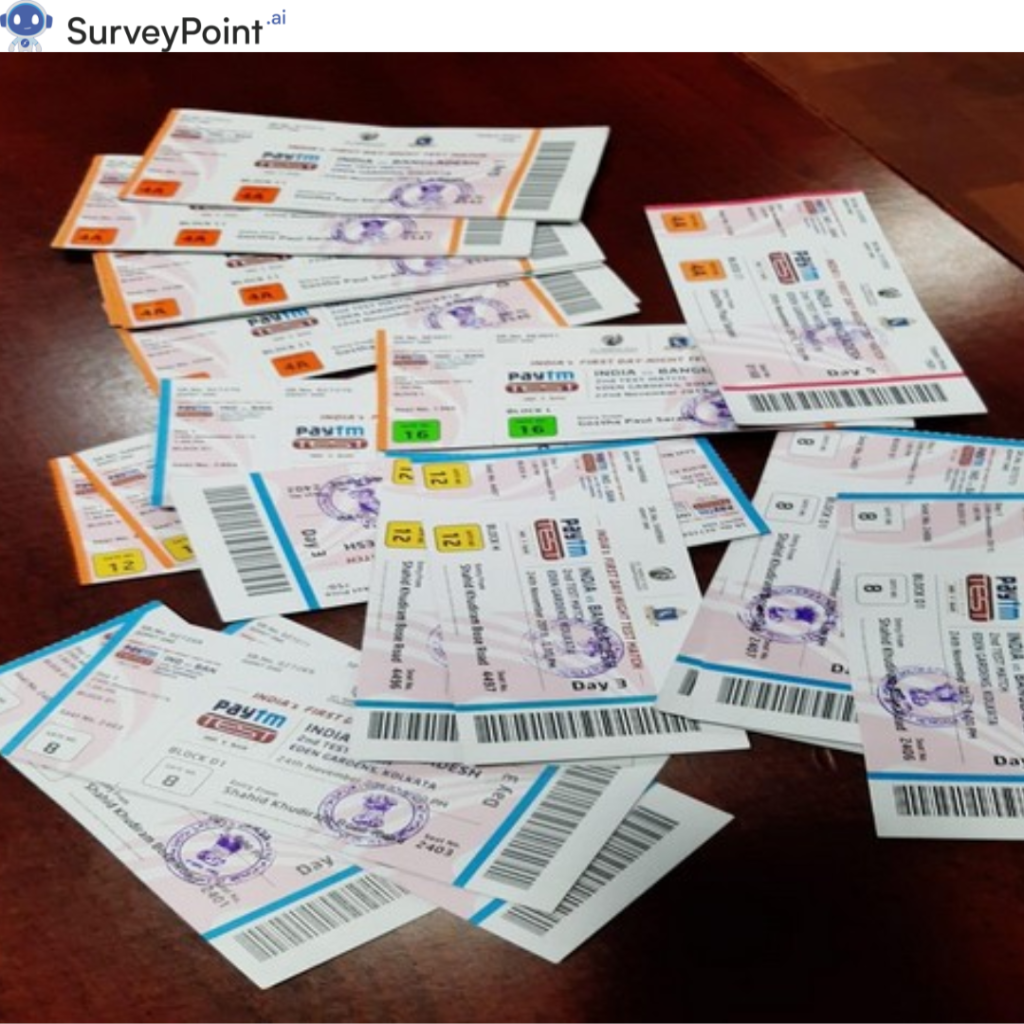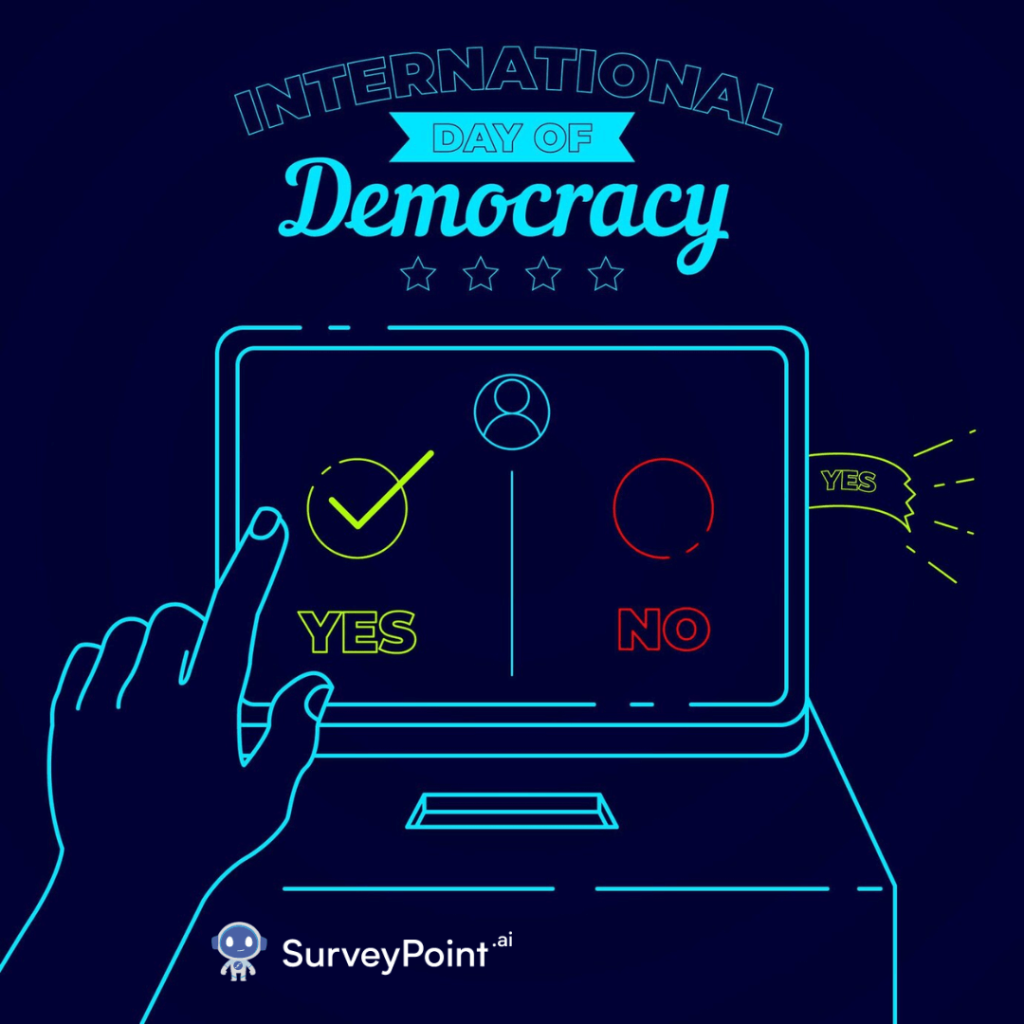
India has seen a surge in live entertainment events, including concerts, sports matches, and cultural festivals. With global music stars, popular Bollywood performances, and major sporting events becoming more frequent, the demand for tickets has skyrocketed. However, alongside this boom comes a growing problem: the black marketing of tickets.
This illegal practice not only cheats genuine fans out of tickets but also drives up prices, making live events inaccessible for many. In this blog, we’ll explore the issue of black marketing of tickets for concerts and events in India, the tactics used by scalpers, and possible solutions to combat this problem.
1. Understanding Black Marketing of Tickets
Black marketing, also known as ticket scalping, refers to the illegal practice of reselling event tickets at inflated prices. Scalpers often purchase tickets in bulk, sometimes using bots or fake accounts, and then sell them at significantly higher prices closer to the event date when demand is at its peak.
This problem is rampant in India, where popular events like IPL matches, music concerts by international artists, and Bollywood premieres see tickets sold out within minutes—only for them to appear at exorbitant prices on secondary platforms. The inflated resale market has created frustration for genuine fans who are forced to pay steep prices or miss out on the experience entirely.
2. Tactics Used by Ticket Scalpers
Scalpers use a variety of techniques to exploit the system and maximize their profits. Some of the common methods include:
A. Bulk Buying
Scalpers often use multiple accounts, bots, or hired buyers to purchase large quantities of tickets as soon as they go on sale. With limited tickets available for high-demand events, this quickly leads to a sold-out situation, leaving genuine buyers with no choice but to turn to resellers.
B. Use of Bots
Bots are automated programs that can buy tickets at lightning speed, outpacing human buyers. Many scalpers use these bots to scoop up tickets as soon as they are released online, giving them an unfair advantage over regular consumers. This tactic is particularly common for concerts featuring international artists like Ed Sheeran, BTS, or Coldplay, where tickets sell out in minutes.
C. Social Media and Classified Ads
Scalpers often advertise tickets on social media platforms like Facebook, Instagram, and Twitter, or on classified ad websites like OLX and Quikr. They reach out to potential buyers through direct messages or listings, offering tickets at exorbitant prices. Since these platforms are unregulated for ticket sales, it becomes difficult for authorities to track and stop illegal reselling.
D. Collaboration with Event Staff
In some cases, scalpers may collude with venue staff or event organizers to hold back tickets and sell them at inflated prices through unauthorized channels. This black market network exploits the system from the inside, making it even more challenging for authorities to crack down on illegal sales.
3. Impact of Black Marketing on Fans and the Industry
The black marketing of tickets has far-reaching consequences, impacting not only fans but also event organizers and the live entertainment industry as a whole.
A. Fans Are Priced Out
The most obvious effect of ticket black marketing is that genuine fans, particularly those with limited financial resources, are often unable to attend the events they love. Ticket prices in the black market can soar to five or even ten times the original price, making live entertainment inaccessible to many.
B. Loss of Trust in Ticketing Platforms
With the rise of black marketing, consumers are increasingly wary of online ticketing platforms. Scalpers’ use of bots and fake accounts raises concerns about whether these platforms are fair and secure, leading to a decline in trust among customers.
C. Damage to Event Reputation
When events are plagued by scalping and overpriced tickets, it can harm the event’s reputation. Concerts and events are meant to be accessible to fans, and when they feel exploited by scalpers, it leads to negative publicity for the event organizers, venue, and even the artists or performers involved.
D. Economic Loss for Organizers
While scalpers profit from inflated prices, event organizers and artists don’t see any of that extra revenue. In some cases, the inflated prices of tickets may even discourage attendance, leading to unsold seats at venues and economic loss for the event organizers.
4. Why Black Marketing Persists in India
Several factors contribute to the ongoing issue of black marketing in India.
A. High Demand and Limited Supply
For major concerts or sporting events, the demand for tickets far exceeds the supply. When fans are desperate to attend a sold-out event, they may be willing to pay exorbitant prices, creating an opportunity for scalpers.
B. Lack of Enforcement
While black marketing is illegal under Indian law, enforcement is often lax. Scalpers operate in a grey area, and it can be difficult for authorities to track down and penalize offenders, especially those operating through online platforms or social media.
C. Inadequate Regulation of Secondary Markets
Unlike in some other countries, India lacks a well-regulated secondary market for ticket resales. This allows scalpers to operate with impunity, selling tickets at inflated prices without facing legal repercussions.
5. Diljit Dosanjh’s 2024 India Tour: A Case Study in Black Marketing
Diljit Dosanjh, the popular Punjabi singer and actor, has a massive fan following both in India and internationally. His concerts are always in high demand, and his 2024 India tour was no exception. Fans eagerly awaited the release of tickets for his shows, which sold out within minutes. However, what followed was a wave of complaints about ticket scalping and black marketing.
Many fans were disheartened to see tickets being resold on unauthorized platforms at prices four to five times the original cost. Tickets that were originally priced at ₹5,000 were being sold for as much as ₹20,000 to ₹30,000 on the black market. Frustrated fans turned to social media to express their disappointment, tagging the organizers and the artist himself, hoping for some intervention.
Despite efforts by the concert organizers to crack down on scalping, the demand for tickets far exceeded supply, allowing scalpers to thrive. The incident highlighted the growing challenge of black marketing, even for events that implement security measures.
6. Steps to Combat Black Marketing of Tickets
Although black marketing is a serious issue, several steps can be taken to address the problem and make concert and event tickets more accessible to genuine fans.
A. Stricter Regulations and Penalties
The government needs to implement stricter regulations and enforce heavier penalties for those caught engaging in ticket scalping. This could involve increasing fines or jail time for offenders, as well as creating a better framework for monitoring online ticket sales.
B. Advanced Technology to Prevent Scalping
Ticketing platforms can use advanced technologies such as CAPTCHA verification, anti-bot measures, and limiting the number of tickets a single buyer can purchase. These measures would make it harder for scalpers to buy large quantities of tickets in a short time.
C. Verified Secondary Markets
Creating a legal, regulated secondary market for reselling tickets would help prevent black marketing. Platforms like StubHub in the U.S. allow fans to resell tickets at fair prices, with transparent policies that protect buyers and sellers. Introducing similar platforms in India could help curb black-market activities.
D. Dynamic Pricing Models
Event organizers can implement dynamic pricing models, where ticket prices fluctuate based on real-time demand. This would reduce the appeal of black marketing, as fans could purchase tickets at fair market prices directly from official sources, rather than paying inflated prices to scalpers.
E. Educating Fans
Raising awareness among fans about the risks of buying tickets from unauthorized sellers is essential. Organizers and artists can work together to promote the use of official ticketing platforms and discourage fans from buying tickets on the black market.
7. Conclusion: A Call for Change
The black marketing of concert and event tickets is a growing problem in India, affecting both fans and the live entertainment industry. While the demand for tickets will always be high for certain events, stricter regulations, better technology, and more transparency in the ticketing process can help combat this issue.
By ensuring fair access to tickets and creating a system that benefits both fans and event organizers, India can continue to build its vibrant live entertainment culture—one that is inclusive and accessible to all. Until then, it’s up to fans, authorities, and event organizers to take a stand against black marketing and work towards a solution. For more information checkout- surveypoint.ai




